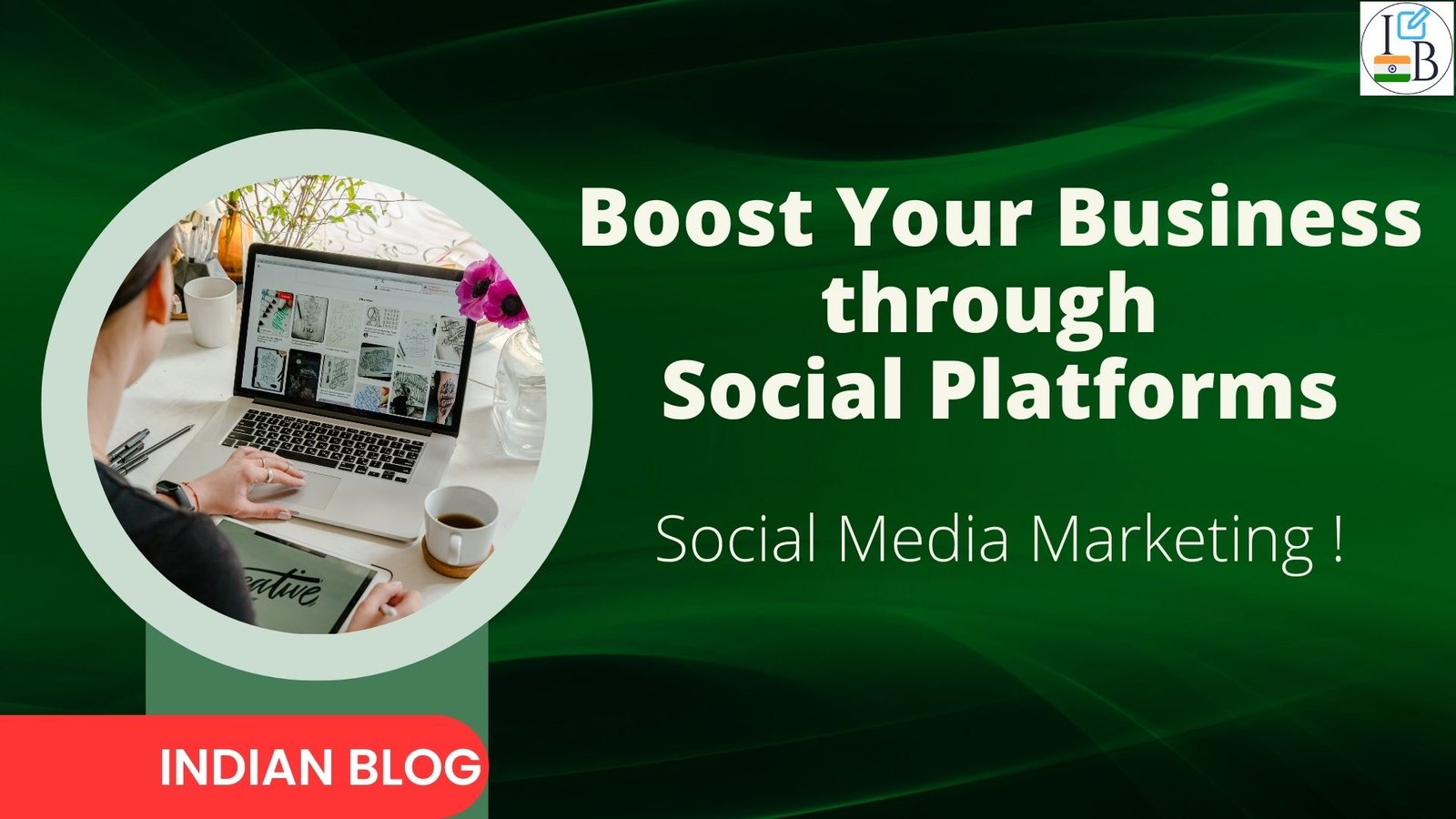Social media has become an integral part of our daily lives, and businesses have recognized the potential of these platforms to reach a wider audience and increase their brand awareness. Social media marketing (SMM) refers to the process of promoting your brand, products or services on social media platforms such as Facebook, Twitter, Instagram, LinkedIn, and more. In this blog post, we’ll discuss the benefits of social media marketing, effective strategies for success, and how to measure your results.
Benefits of Social Media Marketing
Social media marketing offers a wide range of benefits for businesses, including:
Increased Brand Awareness
Social media provides businesses with an opportunity to increase their brand awareness and reach a wider audience. With over 4.2 billion active users, social media platforms offer businesses access to a vast audience that they can target through various advertising and marketing strategies.
Improved Customer Engagement
Social media platforms enable businesses to engage with their customers on a more personal level, respond to their inquiries, and receive feedback in real-time. This engagement can help businesses build trust and credibility with their customers, ultimately leading to increased brand loyalty.
Cost-Effective Marketing
Social media marketing is generally more cost-effective than traditional marketing methods. Social media platforms offer a range of advertising options at a lower cost than traditional advertising, allowing businesses with limited budgets to still reach their target audience.
Increased Website Traffic
Social media can also drive more traffic to your website. By sharing links to your website on social media platforms, you can attract more visitors to your site and potentially increase your conversion rates.
Effective Strategies for Social Media Marketing
To achieve success in social media marketing, it’s important to develop a comprehensive strategy that aligns with your business objectives. Here are some effective strategies for social media marketing:
Define Your Goals
Before launching any social media marketing campaign, it’s important to define your goals. Do you want to increase brand awareness, generate leads, or drive sales? Understanding your objectives will help you create a more targeted and effective strategy.
Identify Your Target Audience
Understanding your target audience is essential to creating content that resonates with them. Identify your audience’s demographics, interests, and behavior on social media platforms, and tailor your content to their preferences.
Create Compelling Content
Creating engaging and compelling content is crucial for success in social media marketing. Your content should be informative, relevant, and visually appealing to capture your audience’s attention.
Utilize Social Media Advertising
Social media advertising offers businesses a range of options to target their audience, including demographics, interests, and behaviors. Utilizing social media advertising can help businesses reach a wider audience and achieve their objectives more effectively.
Engage with Your Audience
Engaging with your audience on social media platforms can help build trust and credibility with your customers. Respond to inquiries, address concerns, and acknowledge positive feedback to create a more personal connection with your audience.
Measuring Your Results
Measuring your results is essential to determine the effectiveness of your social media marketing strategy. Here are some key metrics to measure:
Engagement Rates
Engagement rates measure the number of likes, comments, shares, and retweets your content receives. High engagement rates indicate that your content resonates with your audience and can help improve your reach and brand awareness.
Follower Growth
Follower growth measures the number of new followers gained over a specific period. A steady increase in follower growth indicates that your content is resonating with your audience and can help increase your brand awareness and reach.
Conversion Rates
Conversion rates measure the number of website visitors who take a specific action, such as making a purchase or filling out a form. High conversion rates indicate that your social media marketing strategy is effectively driving traffic to your website and encouraging your audience to take action.
Return on Investment (ROI)
ROI measures the financial return on your social media marketing investment. It’s important to track your expenses and revenue generated from your social media marketing efforts to determine the ROI of your strategy.
Social media marketing offers businesses a range of benefits, including increased brand awareness, improved customer engagement, cost-effective marketing, and increased website traffic. To achieve success in social media marketing, businesses should develop a comprehensive strategy that aligns with their objectives and target audience, create compelling content, utilize social media advertising, engage with their audience, and measure their results using key metrics. By leveraging the power of social media platforms, businesses can effectively promote their brand, products or services, and drive their business growth.
